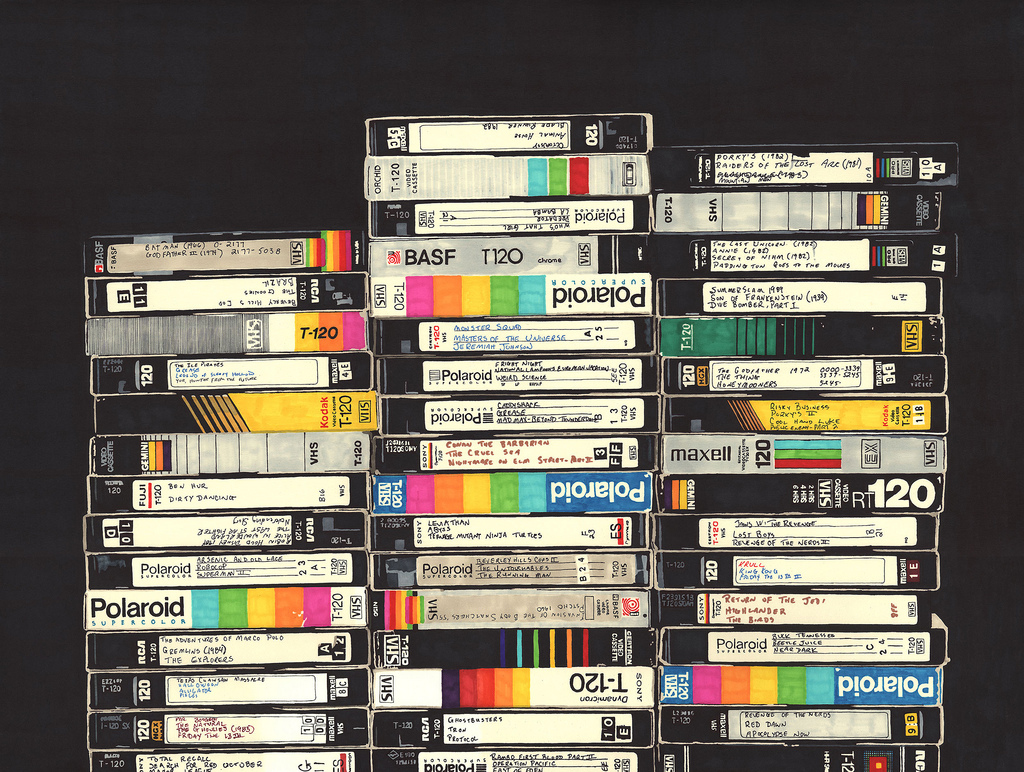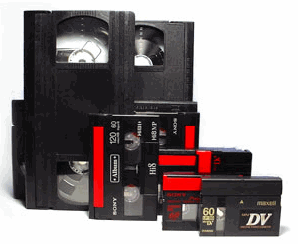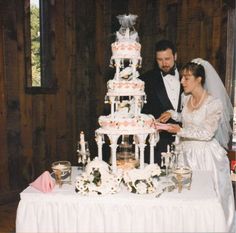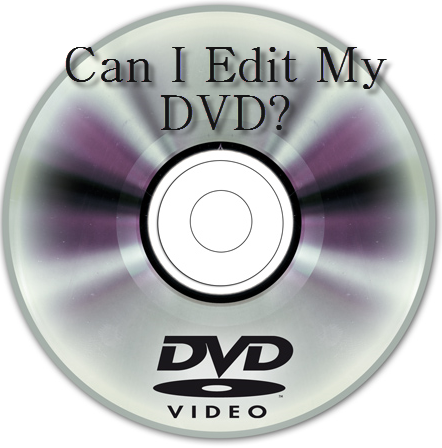
Still hanging on to your vhs tapes?
I’m not sure if there’s any such thing as meetings of “old technology owners anonymous,” but if there were, I would have to stand up and say, “My name is Justin, and I own a VHS deck.”
I realize that Digital media is far superior in every way, and when my VHS tape deck breaks (I bought it in 2002), I will not buy another one. But until that day comes, it works for me.Of course, my addiction to antiquated technology comes at a price. Full disclosure, since I’m writing a blog for a video transfer place, it’s reasonable for you to expect I will lecture you on the many advantages of transferring your VHS recordings to digital format. But instead of giving you the complete lecture, I will just share personal experience.The simple fact is, VHS tapes are not manufactured on Krypton. They are mortal. And while I have been known to use the same videotape cassette to record Big Bang Theory reruns for later viewing over and over again, I have learned that VHS tapes do, in fact, die. Mostly, the tape just gets stretched.When that happens, the overall timing of the video signal gets out of sync. The electronic signals are farther apart than they should be, kind of like markings on a stretched a rubber band. It’s quite vexing to see that recurring flash of snow on the screen, along with the garbled soundtrack. And when that day comes, that tape is dead, never to be resurrected.They still make VHS tapes, so you can solve this problem in the short term by just buying another cassette, but then the cycle eventually repeats.
The second problem that I consistently have with my VHS tapes is caused by the simple fact that all videotapes are dragged across a spinning head inside the player. I will spare you the technical details and just tell you that over time, dust in the air, and little tiny bits of oxide flaking off the VHS tape, start to clog the delicate little electronic “heads” that read the tape. It’s not just the video heads, the audio heads get dirty too. It’s no big deal to clean them if you know how (and since I know how, that’s why I still have a VHS deck that bought in 2002), but if you screw it up, you ruin the deck.
As the saying goes, “there’s always a trade-off,” and for me, and possibly for you, using VHS as a video medium has the advantages of comfort and familiarity. But the magnetic energy that holds the images in the audio decays over time just like uranium, and it loses clarity of picture bit by bit.
I don’t really care if my recordings of M*A*S*H reruns go the way of all flesh, but if you have a precious memory recorded on VHS tape, you should consider converting it to a digital format, and the sooner the better.
Justin Locke is an author, playwright, and media producer. Visit his website at justinlocke.com.
This article is presented by Play It Again Video, Metro West Boston’s trusted neighborhood resource for 8mm to DVD, VHS to digital, and your other video film and photo transfer needs.
 I like to ask our customers what prompt them to bring their VHS tapes, 8mm film, and other old home movies in to be transferred after all these years? Why now?
I like to ask our customers what prompt them to bring their VHS tapes, 8mm film, and other old home movies in to be transferred after all these years? Why now?

 It’s that time of the year again – the time when everyone’s thoughts turn to love. For us here at Play It Again Video, that means wedding videos. If you were married anytime during the heyday of the camcorder, you probably had either a professional or a friend or relative shoot video of your big day. And now you have a dusty VHS sitting on a shelf somewhere, unwatched for years. This Valentine’s Day, why not remind yourselves of how lovely your wedding was by
It’s that time of the year again – the time when everyone’s thoughts turn to love. For us here at Play It Again Video, that means wedding videos. If you were married anytime during the heyday of the camcorder, you probably had either a professional or a friend or relative shoot video of your big day. And now you have a dusty VHS sitting on a shelf somewhere, unwatched for years. This Valentine’s Day, why not remind yourselves of how lovely your wedding was by 







